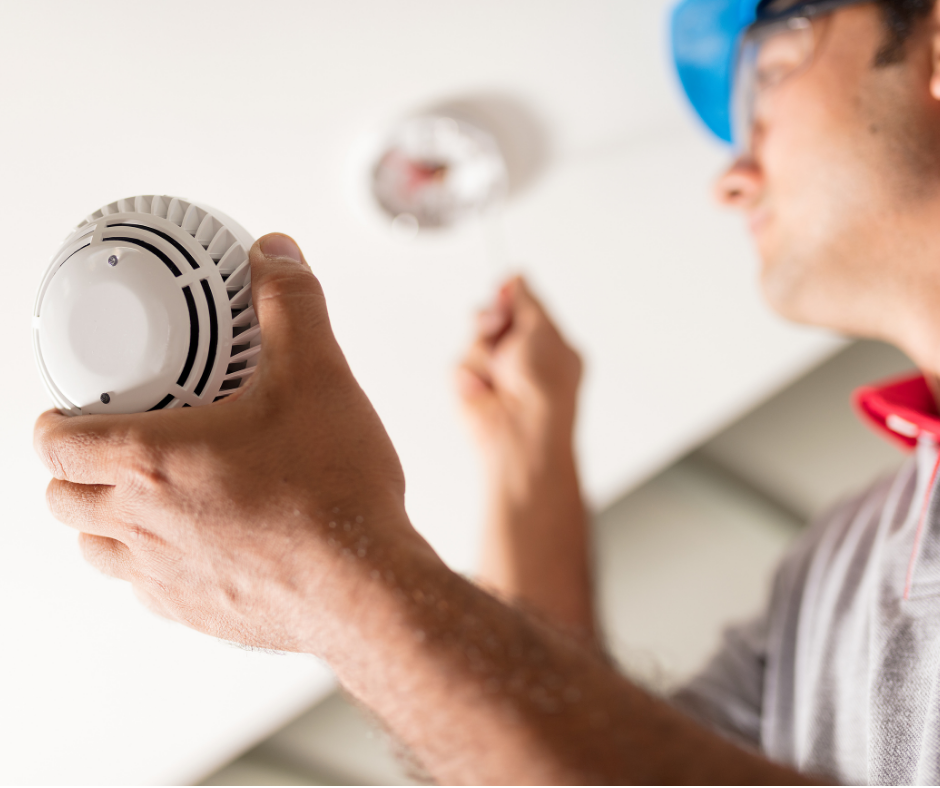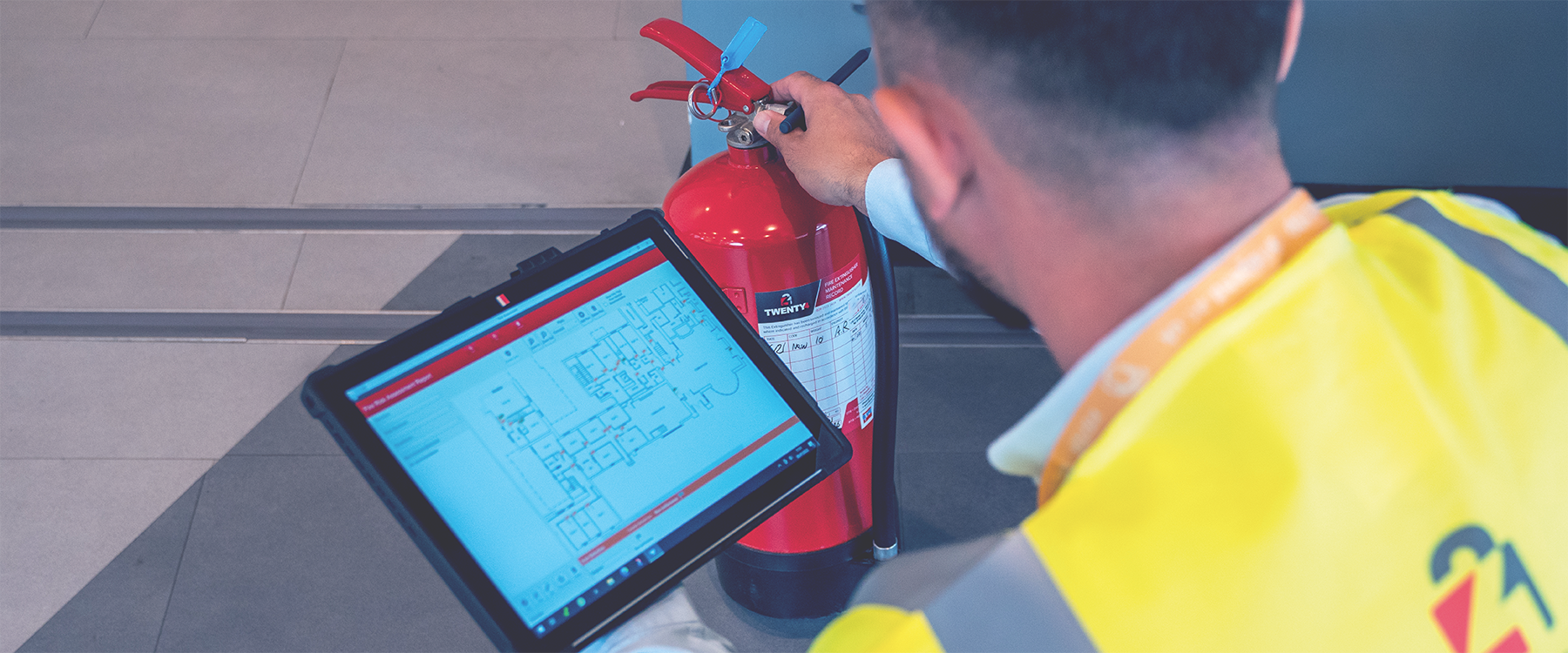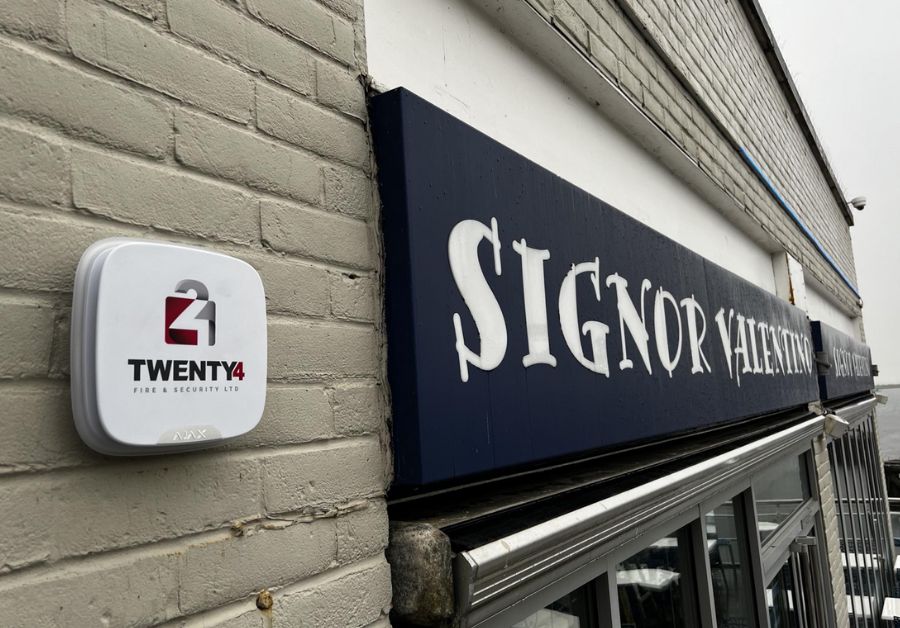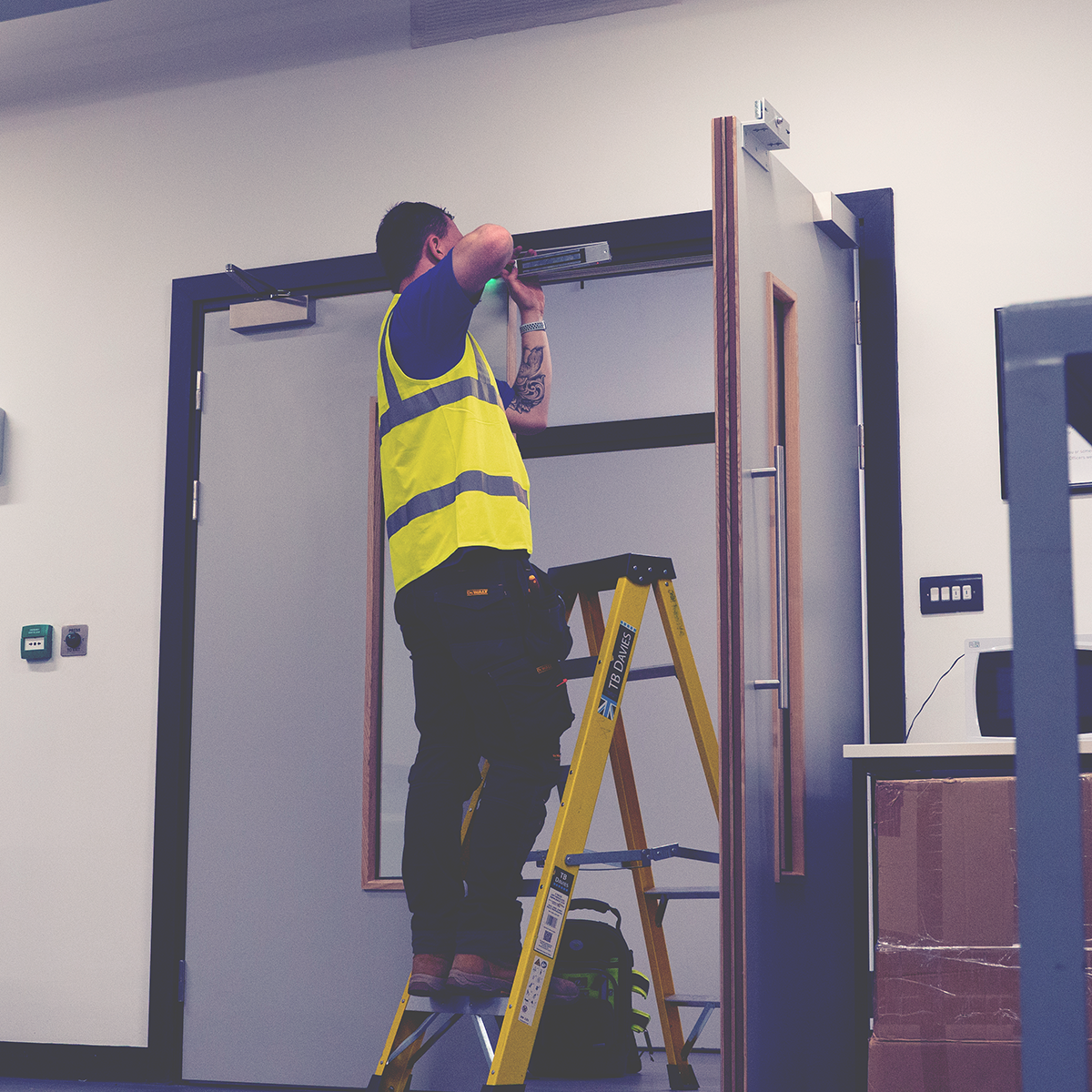Whether you run and startup business and have just moved into your first office or have moved premises recently and are only just getting on top of things, fire and security protection are subjects that should never be overlooked.
In this blog post, we look at a few services and devices businesses need to keep a close eye on in order to operate in a compliant manner and keep those within their building safe.
Fire risk assessment
If you’re responsible for a building, it is your legal obligation to conduct an annual fire risk assessment. These fire risk assessments and covered in 5 key steps;
- Identify fire hazards
- Identify people most at risk
- Evaluate, remove or reduce the risks
- Record findings, prepare an emergency plan and train staff
- Review and update the fire risk assessment regularly
If you do not keep up with your business fire risk assessments, you could be subject to fines.
Fire alarms
Every commercial business premises needs to have a fully functioning fire alarm system on every floor of the building.
You may need different types of detectors, depending on the type of building and the work carried out in it. This will be made clear in the findings of your fire risk assessments.
Fire extinguishers
Regulations in the Regulatory Reform (Fire Safety) Order 2005 (RRO) state that properties used for business purposes require a minimum of two Class A fire extinguishers on each floor. In some cases, if properties are exceptionally small, one per floor may suffice. Other fire extinguishers may well be needed.
There are 6 fire extinguisher categories in the UK, each of which addresses a certain type of fire threat.
These are:
- A – combustible carbon-based solids eg paper, wood or textiles
- B – flammable liquids eg paraffin, petrol, diesel or oil (but not cooking oil)
- C – flammable gases, eg butane, propane or methane
- D – burning metals, eg aluminium, lithium or magnesium
- Fires caused by electrical equipment (indicated by an electric spark symbol and not the letter E)
- F – fats and cooking oils.
The fire extinguisher types and the number of extinguishers needed will be made evident in the results of your fire risk assessment.
Fire doors
Fire safety laws in Wales state that property owners are required to fit all premises (other than private homes) with appropriate fire doors. A fire door has a fire-resistance rating which illustrates its effectiveness in slowing down or stopping the spread of fire and smoke throughout a property.
Fire safety maintenance and testing
You must carry out regular checks to make sure that all fire safety devices are up-to-date and are not compromised in any way. These checks will need to be conducted by a competent individual who will check the following:
- All fire alarm systems are in working order
- The emergency lighting is working sufficiently
- Any faults or issues in systems and equipment are recorded
- all escape routes are clear
- Escapes can be opened easily
- Automatic fire doors close correctly
- Exit signs are in the right place
- Fire extinguishers are checked and housed in the right place
Need a fire and security partner for your business?
If you’re looking for a company to handle any of the above fire safety services in Wales, contact us today!





